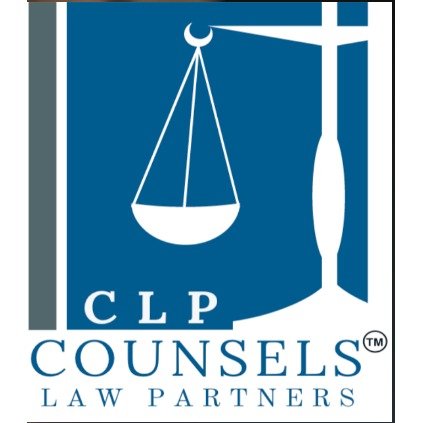Best Child Custody Lawyers in Dhaka
Share your needs with us, get contacted by law firms.
Free. Takes 2 min.
Free Guide to Hiring a Family Lawyer
List of the best lawyers in Dhaka, Bangladesh
About Child Custody Law in Dhaka, Bangladesh:
Child custody law in Dhaka, Bangladesh, is overseen by The Guardians and Wards Act of 1890 and the Muslim Family Laws Ordinance of 1961. These key laws grant the court the power to act on the minor child's welfare. They provide a broad framework that ensures the child's best interests, making decisions on custody, visitation rights, and maintenance. It is possible for either parent to be awarded custody, with no automatic preference given to the mother or father.
Why You May Need a Lawyer:
Given the complexity of child custody laws and the high stakes involved, you might need a lawyer to handle cases like divorce, separation or if the child's wellbeing is in question. An experienced lawyer can provide advice, represent your interests in court, negotiate on your behalf, and ensure that the best interests of your child are met. Additionally, they can guide you through situations where changes in custody or visitation rights are needed due to changes in circumstances or when parental rights need to be enforced.
Local Laws Overview:
Key aspects of child custody law in Dhaka, Bangladesh include the court's focus on ensuring the welfare and wellbeing of the child. The child's preference might be considered if the child is mature enough to make an informed decision. Factors like the age, sex, and religion of the child, the character and financial capacity of the parents, are also taken into account. In the case of Muslim families, custody typically goes to the mother for boys under 7 and unmarried girls. It's important to remember that circumstances can lead to different legal outcomes, and each case is unique.
Frequently Asked Questions:
1. Can a foreign parent get custody of a child in Dhaka, Bangladesh?
Yes, it's possible for a foreign parent to be granted custody, but the court will always make a decision based on the best interests of the child, including their stability and safety.
2. What is joint custody?
Joint custody implies both parents share equal legal responsibility for the child, even if they're divorced or separated. However, joint custody isn't frequently awarded in Bangladesh unless both parents agree and the court deems it beneficial for the child.
3. Can custody orders be modified?
Yes, custody orders can be modified if there's a substantial change in circumstances, and the modification is in the best interest of the child.
4. Can a parent deny visitation if child support isn't paid?
Generally, visitation and child support are separate issues. A parent usually can't deny visitation if the other parent isn't paying child support. Legal recourse should be taken instead.
5. How is child support calculated in Dhaka, Bangladesh?
Child support is usually determined on a case-by-case basis, considering factors like the needs of the child and the financial capacity of the parents.
Additional Resources:
Potential resources include the Family Court in Dhaka, local legal aid services, and non-governmental organizations such as Bangladesh Legal Aid and Services Trust (BLAST) or Ain o Salish Kendra (ASK) that provide legal advice and assistance. For finding experienced lawyers specialized in family law, the Dhaka Bar Association is a good starting point.
Next Steps:
If you require legal assistance in the matter of child custody, you should consider hiring a lawyer who specializes in family law and has experience in child custody cases. Next, gather all relevant documents and evidence that could affect the determination of custody and outline your objectives and concerns. Finally, follow your attorney’s advice as you proceed with your case to ensure your child’s best interest is served.
Lawzana helps you find the best lawyers and law firms in Dhaka through a curated and pre-screened list of qualified legal professionals. Our platform offers rankings and detailed profiles of attorneys and law firms, allowing you to compare based on practice areas, including Child Custody, experience, and client feedback.
Each profile includes a description of the firm's areas of practice, client reviews, team members and partners, year of establishment, spoken languages, office locations, contact information, social media presence, and any published articles or resources. Most firms on our platform speak English and are experienced in both local and international legal matters.
Get a quote from top-rated law firms in Dhaka, Bangladesh — quickly, securely, and without unnecessary hassle.
Disclaimer:
The information provided on this page is for general informational purposes only and does not constitute legal advice. While we strive to ensure the accuracy and relevance of the content, legal information may change over time, and interpretations of the law can vary. You should always consult with a qualified legal professional for advice specific to your situation.
We disclaim all liability for actions taken or not taken based on the content of this page. If you believe any information is incorrect or outdated, please contact us, and we will review and update it where appropriate.

















